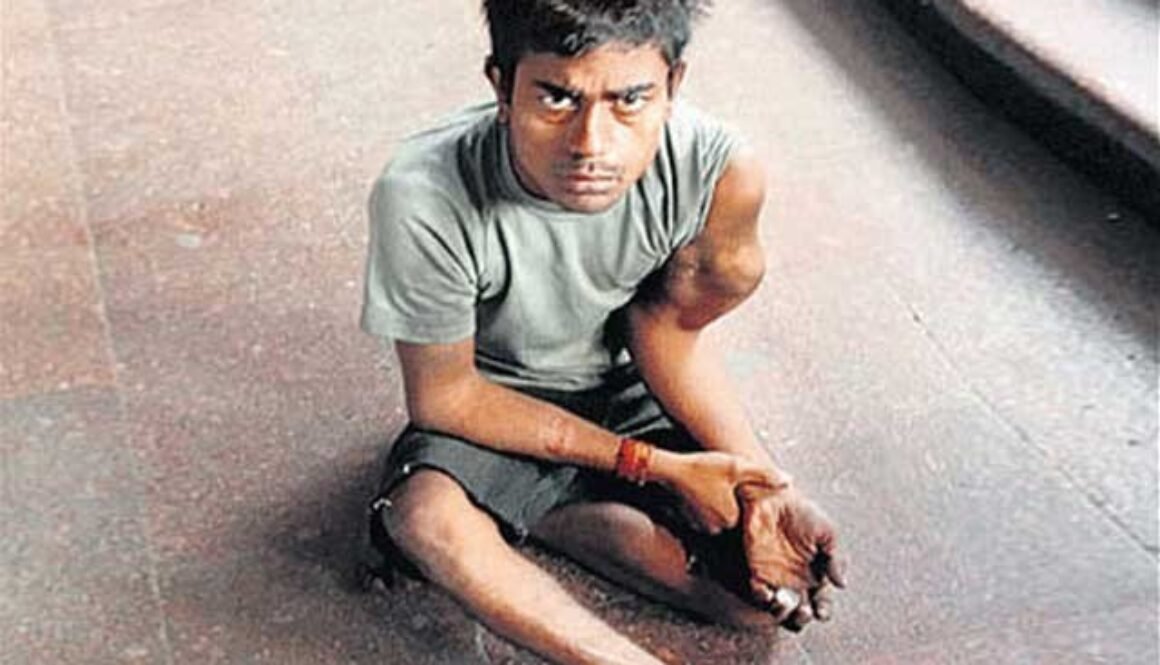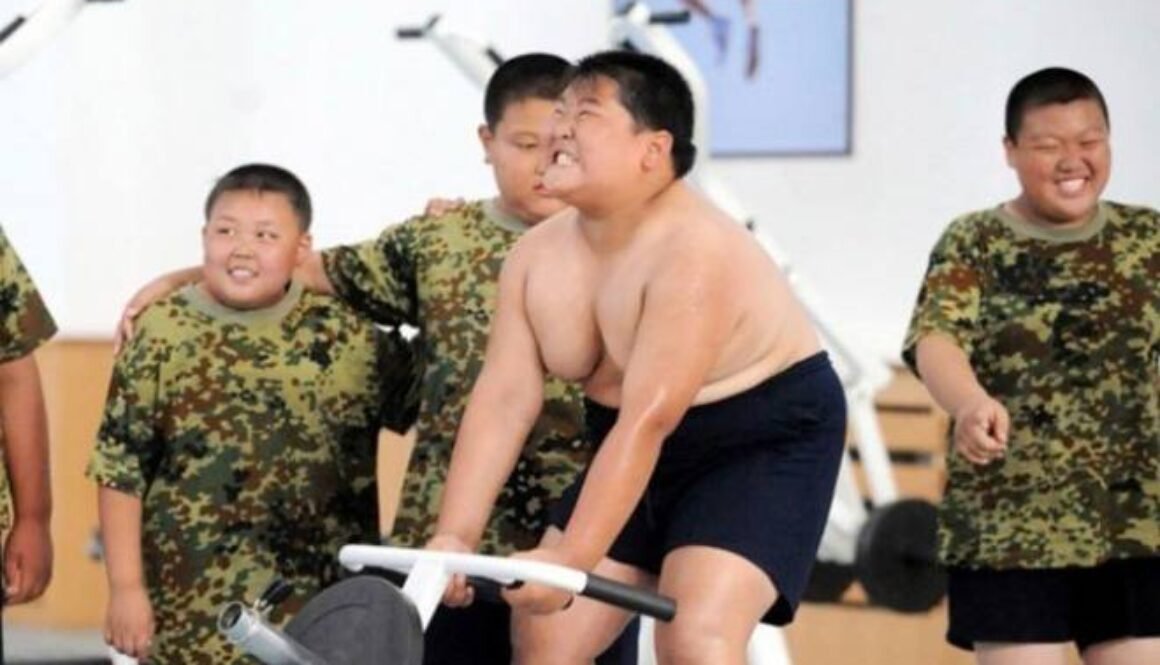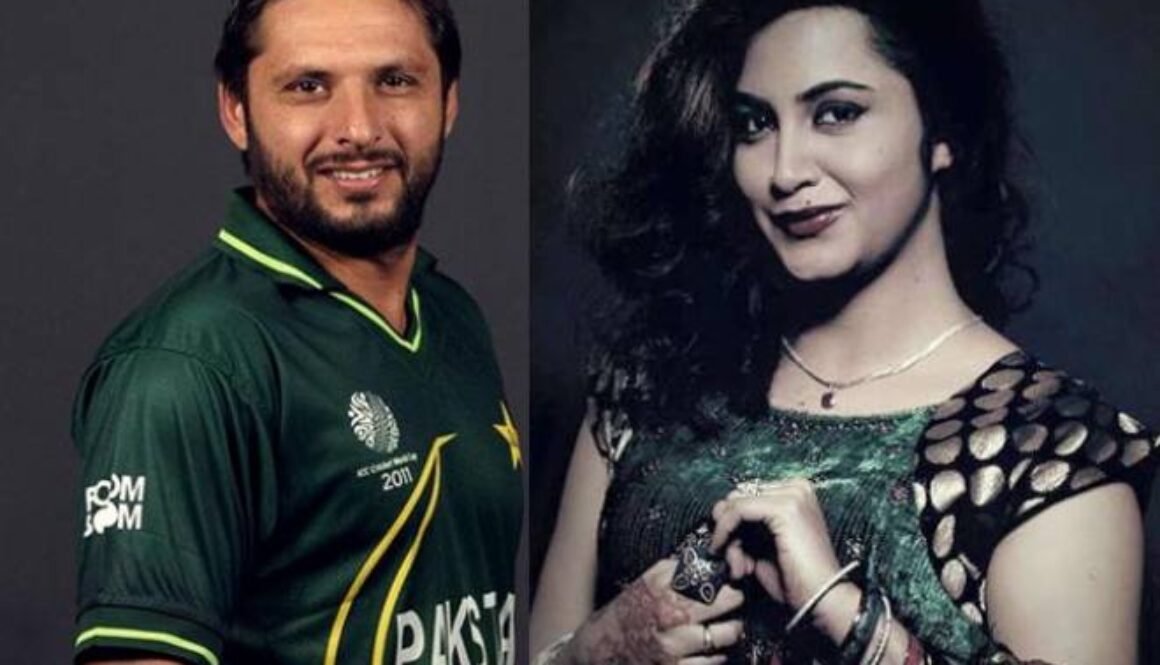here’s nothing new to be said when it comes to women and Pakistani society. Everyone knows that Pakistan is a patriarchy and even the misogynists will agree that misogyny is rife. I thought I’d begin by telling you about a colleague who had to quit her job because she was no longer willing to submit to the unwanted advances of her employer – be it pats on the shoulder, accidental brushes of the arm and not-so-accidental palm resting on the small of her back.
When she reported his behaviour — that’s when the abuse started, culminating in him throwing a report at her face in front of her team, telling her she was highly incompetent. But this is unremarkable stuff because it happens all the time. Not newsworthy.
So instead I thought I’d take a political angle, and write about Monica Lewinsky, or Trump’s Ms Universes, or more recently, Ayesha Gulalai. At this point a deep gloom descended on me. Not because of the injustice of blaming a woman rather than the man. Not because men seem to be unassailable no matter what their conduct. And certainly not because women were in the forefront for accusing these individuals for putting them in compromising positions (which include going out into the world to get stuff done). No, I felt defeated because all these cases follow the same formula:
• Famous political personality (male) runs for office;
• Gets accused of an affair or unwanted advances;
• Public falls over itself to shame these women by calling them sluts, prostitutes, whores who deserve to be made an example of;
• Accusations of exploitation follow suit: we are told that these women only came out to attract public attention through infamy — short-lived celebrity status at the expense of the men, so really, they are the villains and not vice versa.
I tried to seek refuge in psychology. Are men frightened of powerful women? Is it the fear of castration as suggested by Freud, that if a woman is given any credence all men will be emasculated? And is that why they must reassert their power through violence, so that the punishment of a woman must completely destroy her voice and body? In the instance of Gulalai, for example, we’re talking about people suggesting she be raped, beaten publicly — others joyfully contributed that she deserved nothing less than acid on the face.
Or am I being too harsh on men? I tried to take the sociological route and examined whether it wasn’t just gender but something else that contributed to increasing misogyny and disempowerment of women in Pakistan. Does the world of cyberspace where men and women can hurl abuse without consequence make things worse? Has the internet made the country a more dangerous place, where trolls air their personal frustrations without fear of repercussion, especially when it comes to how women ought to behave or how their actions are intractably bound to honour? Should their threats and harassment of women on Twitter, Facebook and other spaces be subject to criminal investigation? But here I began to think of the merits of freedom of expression and before you knew it, I had gone seriously off topic.
Even a factual approach didn’t help much. All it revealed was that research conducted in 2008 by UNISON, one of the UK’s largest trade unions, showed that more than 50 per cent of working women in European Union countries faced some form of sexual harassment in the workplace, but many fail to report it (see above for reasons behind this). Or that there existed a bill: ‘The Protection Against Harassment of Women at the Workplace Act 2010’ which carefully delineated what harassment constituted and found the perpetrators guilty if convicted. But facts don’t affect change. What will women’s knowledge of their rights mean if they still can’t fight for their place in a society that only wants to see them bound in chaar diwari with a burqa on their heads — invisible and silent, objects and property of men who will tell them what life they will live and what words they will say.
Every angle resulted in a dead end. If I wanted to tell you about the reasons women don’t report harassment at the point where it starts, you would come back and tell me that you’d already read about the double bind that females in the workforce face: the violation of one’s dignity and the very real threat of losing employment versus the reporting of injustice. Many women quietly endure all this because this is the only choice that they have.
Yes, you would tell me, you have read about the way predators, especially those in positions of leadership, use plausible deniability to gaslight women. So that initial advances – touches, pats on the head, comments on physical appearance that come across as sleazy – can also equally be construed as innocuous demonstrations of paternalistic interest. And so it goes on and on until discomfort and shame result in silence rather than any sort of assertive action. Yes, yes, yes. Heard it all before.
By the end of it, nothing has changed. Except perhaps the woman who initially reported the harassment wishes she had never said anything in the first place. In her lot there is no justice or fair play: only heaps of insults, threats of harm and public shaming so virulent that she is left smarting and embarrassed as if she were a criminal for speaking up. As for her accused — well, he selects a new prey.
I soon realised that the pedestals of men put them in a position of control, while the ones constructed for women only serve to limit and curtail. And unless all these pedestals were broken, the wheel would continue to turn and the circle continue to close in upon itself.







